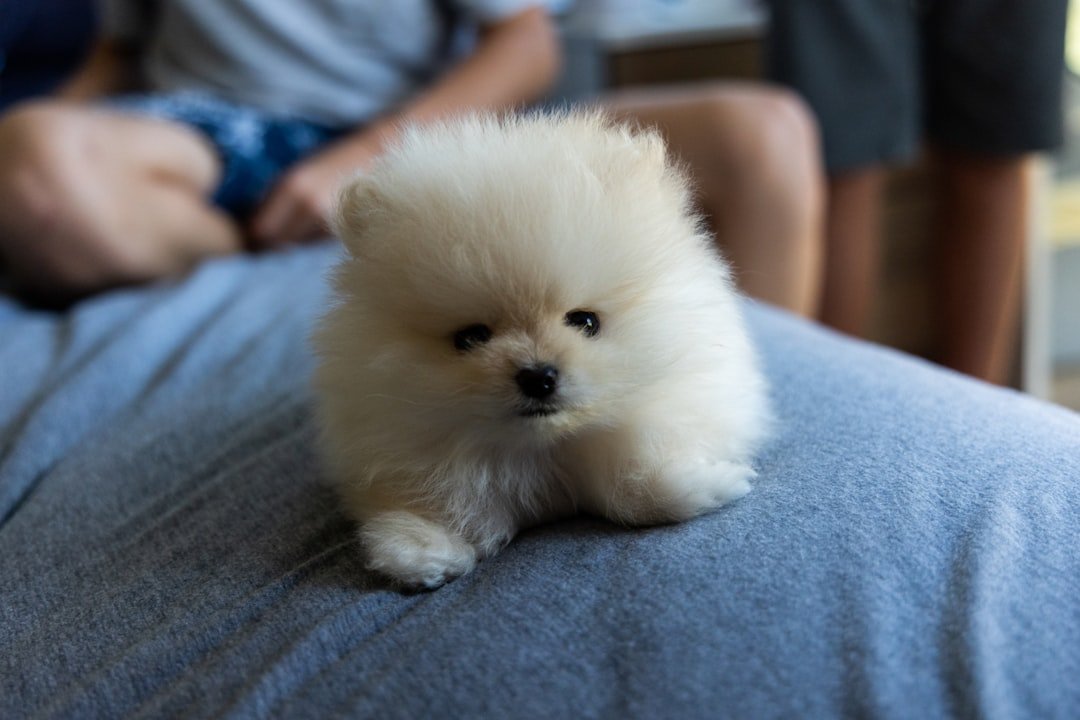You know that feeling when you come home to that unmistakable smell, and your heart just sinks? Every dog parent has been there, especially those brave souls who’ve chosen one of the more, shall we say, “challenging” breeds when it comes to potty training. While all dogs can eventually learn proper bathroom etiquette, some seem to take particular joy in testing your patience and your carpet cleaner supply.
The truth is, certain breeds come with their own unique set of housebreaking challenges that’ll make you question everything you thought you knew about dog training. From tiny terriers with Napoleon complexes to ancient hunting dogs who march to their own beat, these pups have earned their reputation as the stubborn scholars of the potty training world.
Shih Tzu – The Royal Rebel
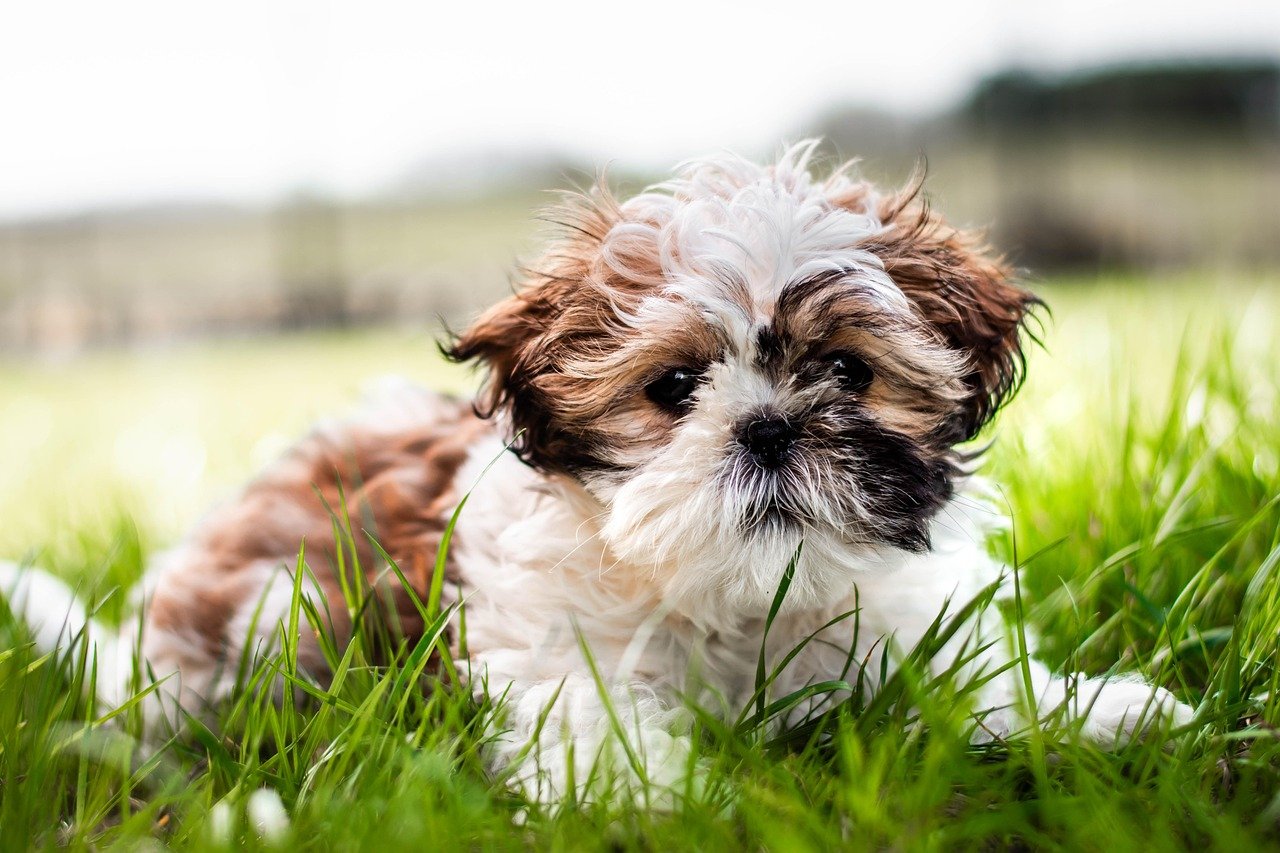
Meet one of the breeds that frequently appears on lists of difficult dogs to potty train – the beloved Shih Tzu. These fluffy little royalty have mastered the art of selective hearing, especially when it comes to bathroom rules.
Their reaction to potty training efforts can be summed up as a defiant “NO,” often looking away with complete disinterest. The American Kennel Club acknowledges that training a Shih Tzu can be both amusing and frustrating, as they tend to charm their owners into letting them have their own way. Picture this: your Shih Tzu giving you those adorable puppy eyes right after they’ve made a mess, and somehow you’re the one feeling guilty about trying to establish rules.
Dachshund – The Sausage Dog with Serious Attitude
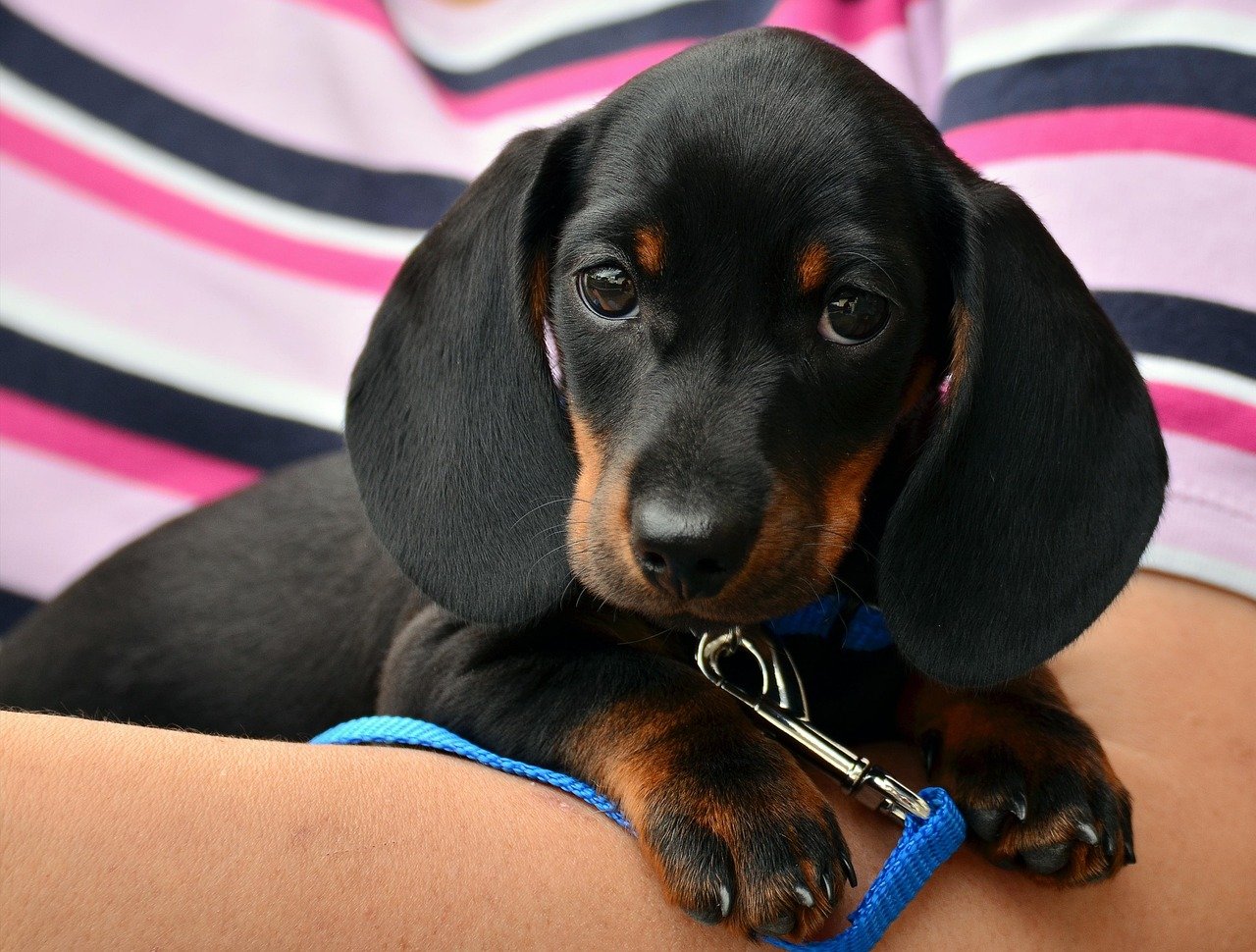
Don’t let those short legs fool you – Dachshunds pack a whole lot of stubbornness into their elongated bodies. These dogs are stubborn, and it typically takes about a year for them to be fully potty trained, according to veterinary experts. They’re the kind of dogs that will melt your heart but absolutely ruin your floors in the process.
The challenge with Dachshunds goes beyond their physical structure. They love to give and receive affection and do best with positive, reward-based training, but they’re sensitive and won’t react well to harsh commands or punishment. It’s like trying to negotiate with a tiny, adorable diplomat who holds all the cards and knows exactly how cute they are.
Pomeranian – Tiny Dog, Big Personality Problems
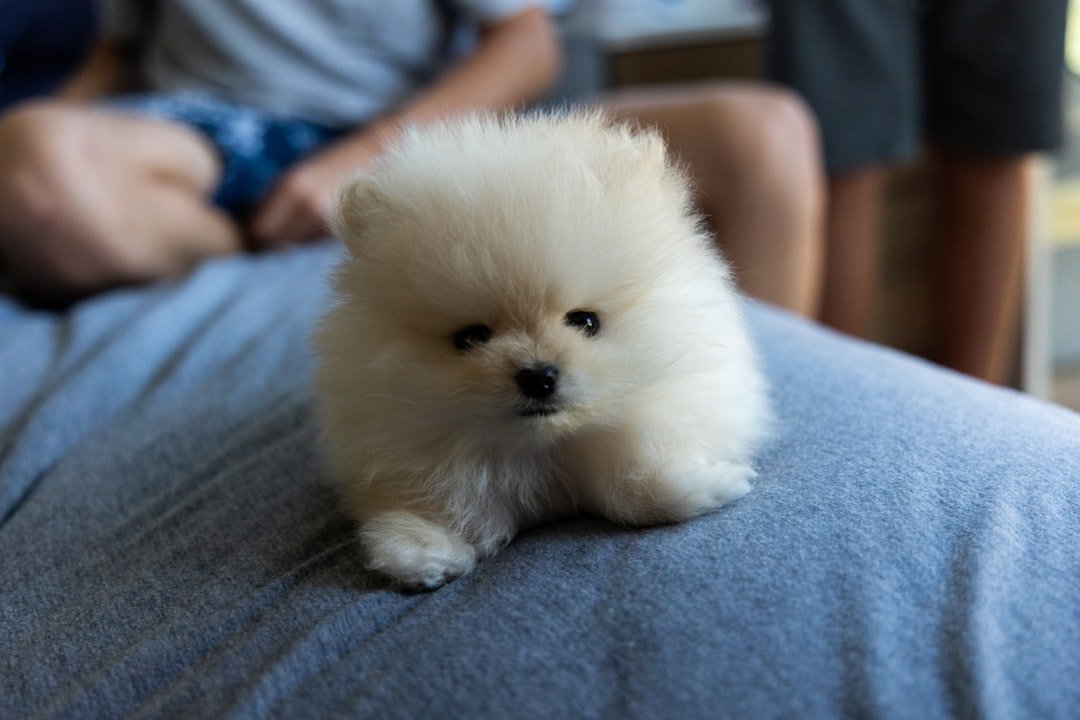
The AKC describes Pomeranians as “alert” and “highly intelligent,” but warns that “housebreaking can be a challenge, so consistency and patience are key”. These little fluffballs are living proof that size doesn’t determine the magnitude of housebreaking headaches.
Although Pomeranians love pleasing their owners, their personalities can make them hard to train, and when you combine that with extra small bladders that can’t hold it for long, it makes training even harder. Imagine having a dog that wants to make you happy but physically can’t hold it long enough to get outside – it’s like a cruel joke played by Mother Nature herself.
Chihuahua – Napoleon Complex in Dog Form
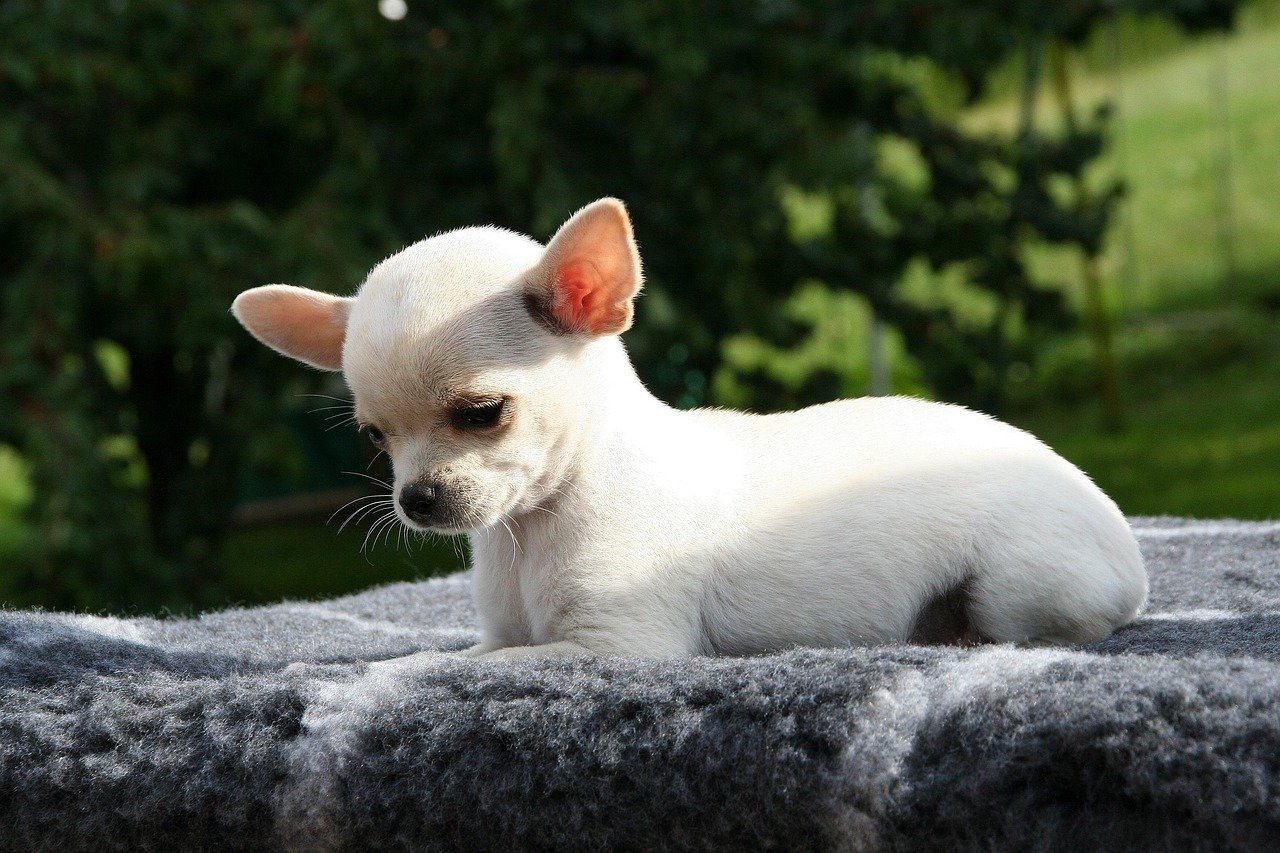
Toy breed dogs such as Chihuahuas tend to be harder to housebreak, and there’s more to it than just their tiny size. These pocket-sized powerhouses come with attitudes that could fill a Great Dane, making them particularly challenging to train.
Owners often treat small dogs like babies and carry them outside for potty time instead of leashing and walking them to the potty area, so little dogs don’t learn how to alert their family that they need to potty or even how to get to the potty area, and if their owner doesn’t take them out when they need to go, they will find a spot in the house. It’s a classic case of good intentions creating bad habits – we baby them because they’re so small, but that actually makes the problem worse.
Beagle – The Nose-Driven Distraction Machine
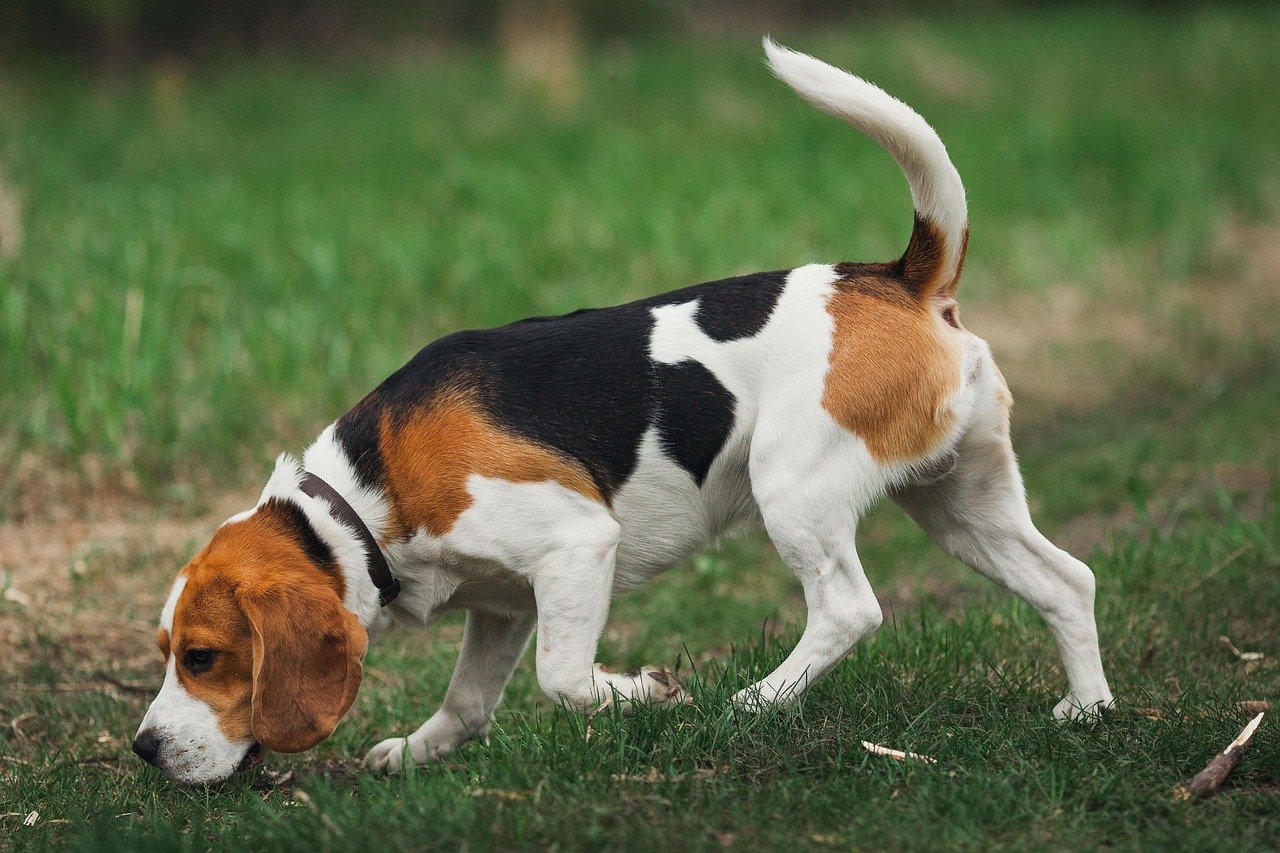
Beagles are absolutely wonderful family dogs, but they come with one major distraction: their incredible sense of smell. Beagles have rather butterfly-like minds, and this means that it can take a long time for beagles to build up the mental connections between all of the different facets of house training to reliably avoid toileting in the house.
Beagles can be difficult to housetrain because the breed doesn’t rank very highly on the canine intelligence spectrum for working ability, and they tend to be excitable dogs with a short attention span that tend to get easily distracted and have a rather selective memory. One minute they’re following your commands, the next they’ve caught an interesting scent and completely forgotten what they were supposed to be doing – including holding their bladder.
Jack Russell Terrier – The Hyperactive Rule Breaker
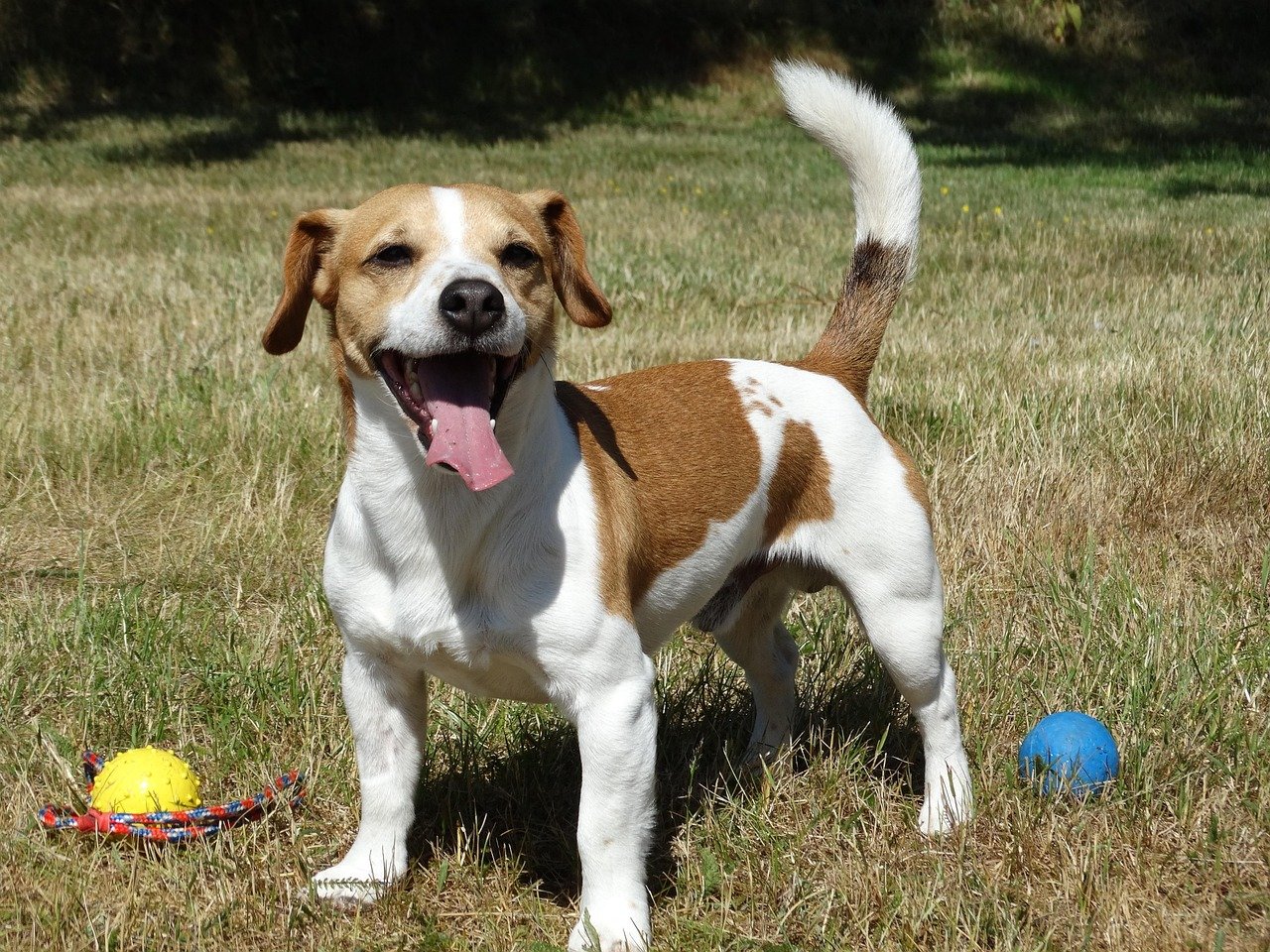
Jack Russells are known for being tough to housebreak because of their hyperactive nature, they love to play and have bundles of energy that can be hard to manage, particularly for inexperienced dog owners, which makes it harder for them to learn to control themselves. These little dynamos are like having a toddler on espresso – constantly moving and incredibly difficult to focus.
Boston, cairn, Jack Russell and Yorkshire terriers are some of the terrier breeds who have a hard time with housebreaking because terriers are highly intelligent, stubborn, territorial and will easily take over as alpha of the family if given the chance. Give a Jack Russell an inch, and they’ll take a mile – along with your favorite rug and your sanity.
Basenji – The Independent “Barkless” Rebel
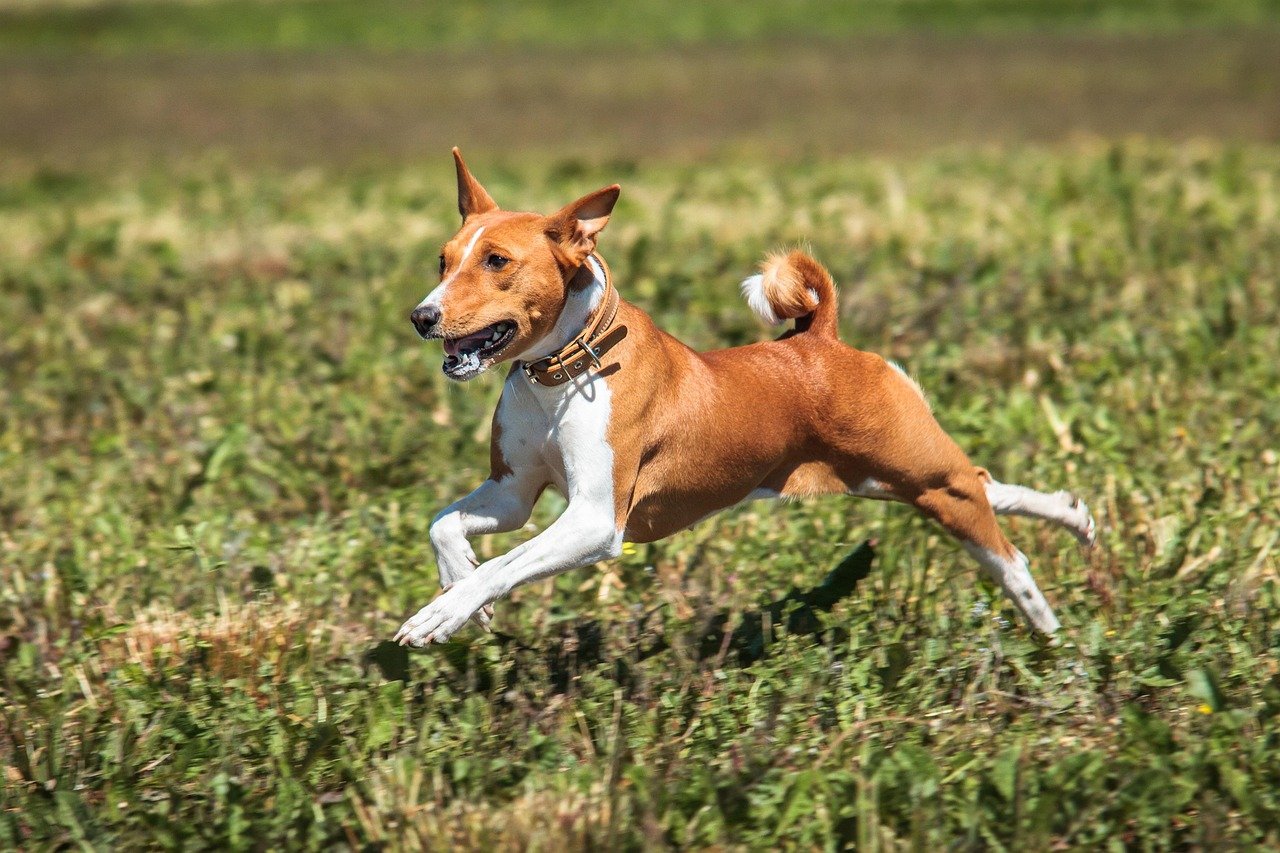
The Basenji might not bark, but that doesn’t mean they’re quiet about their opinions on house rules. Although intelligent, basenjis are exceptionally independent-minded, and their desire to please is nonexistent – while they can pick up tricks and commands in a breeze, they won’t be at your every beck and call.
Basenjis tend to be clever dogs, but not easy to train, and they need creative, patient handling to bring out their best qualities. If basenjis were the incarnation of a Norse god, they’d be Loki – they have a taste for mischief and aren’t afraid to “manipulate” their owners into giving in to their wants. These dogs are basically feline souls trapped in canine bodies, complete with the attitude and independence issues.
Cocker Spaniel – The Sensitive Sweetheart with Issues
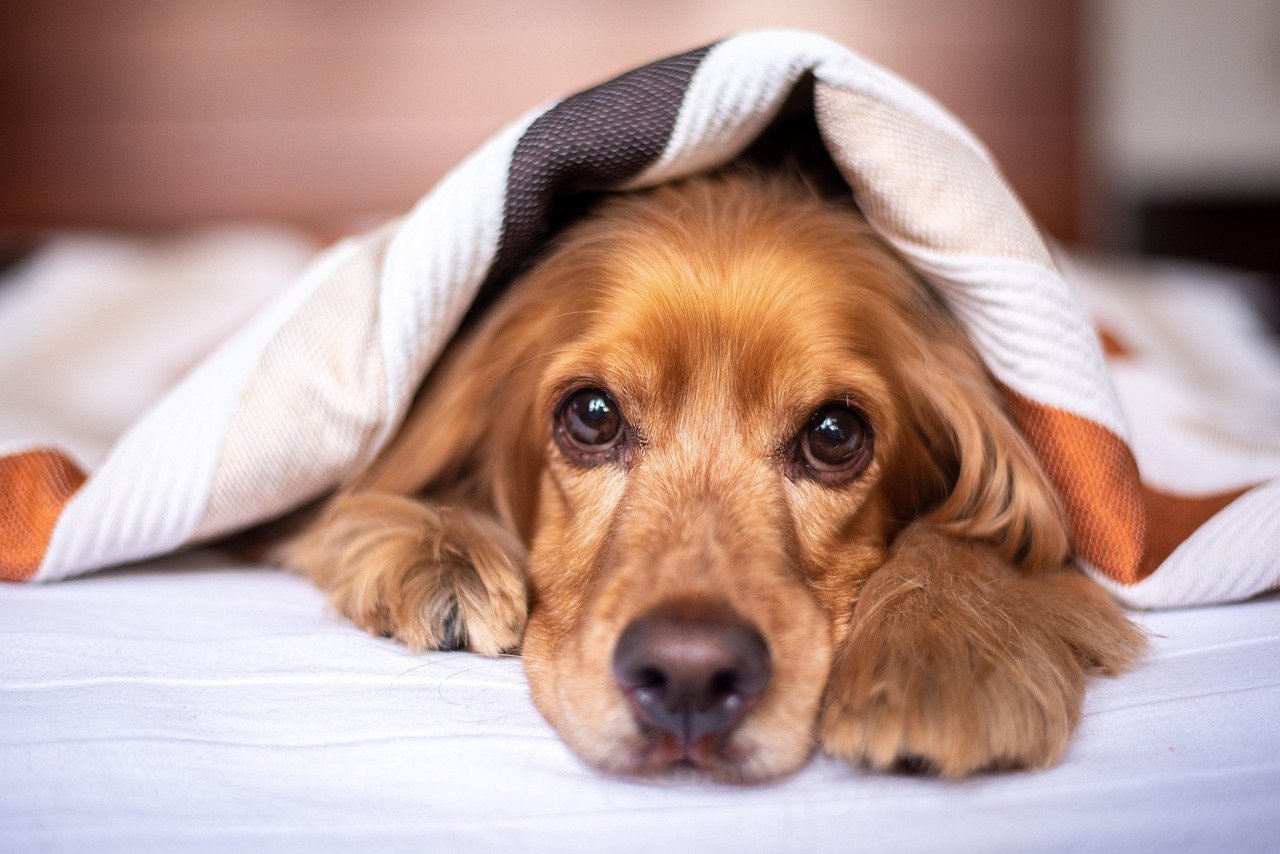
Cocker Spaniels are “sweet-natured, playful, and incredibly gentle dogs,” but they can also have a temperamental and unpredictably defensive attitude that can make potty training a challenge, and owners should avoid being too harsh, yelling or physically punishing them when potty training, as they’ll likely either become defensive or urinate in submission.
A Cocker Spaniel has high energy levels, which can lead to potty accidents, their excitable nature makes it difficult for them to control their bladder, these sensitive dogs don’t respond well to harsh training methods, and you need to be very patient when training them because you wouldn’t want them to develop anxiety. They’re like that friend who means well but gets so excited they can’t control themselves.
Afghan Hound – The Beautiful but Scattered Princess
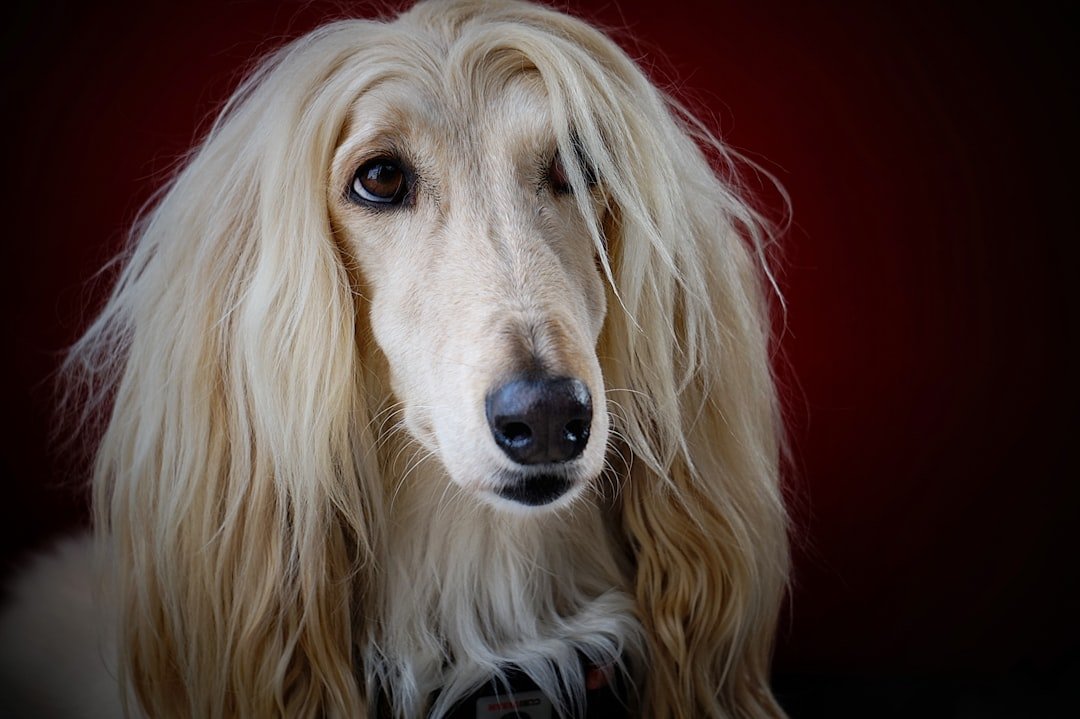
The Afghan hound is hard to house train and in many ways, to train for all skills and commands, they tend to take longer than the vast majority of other breeds to pick things up and execute commands reliably, and Afghan hounds are stunning looking and very distinctive, but they’re not the sharpest knife in the drawer unfortunately, being ranked in the very last place in the canine intelligence stakes.
Afghan Hounds tend to have trouble retaining information that is taught to them, making them a difficult breed to potty-train. They can be somewhat fizzy and highly strung and they can also be quite lofty daydreamers too, and getting to grips with toilet training requires time, patience, and an observant owner who can learn to read and recognize the dog’s cues. Imagine trying to teach quantum physics to someone who’s perpetually daydreaming about unicorns – that’s what housebreaking an Afghan Hound feels like.
Bichon Frise – The Fluffy Weather-Dependent Diva
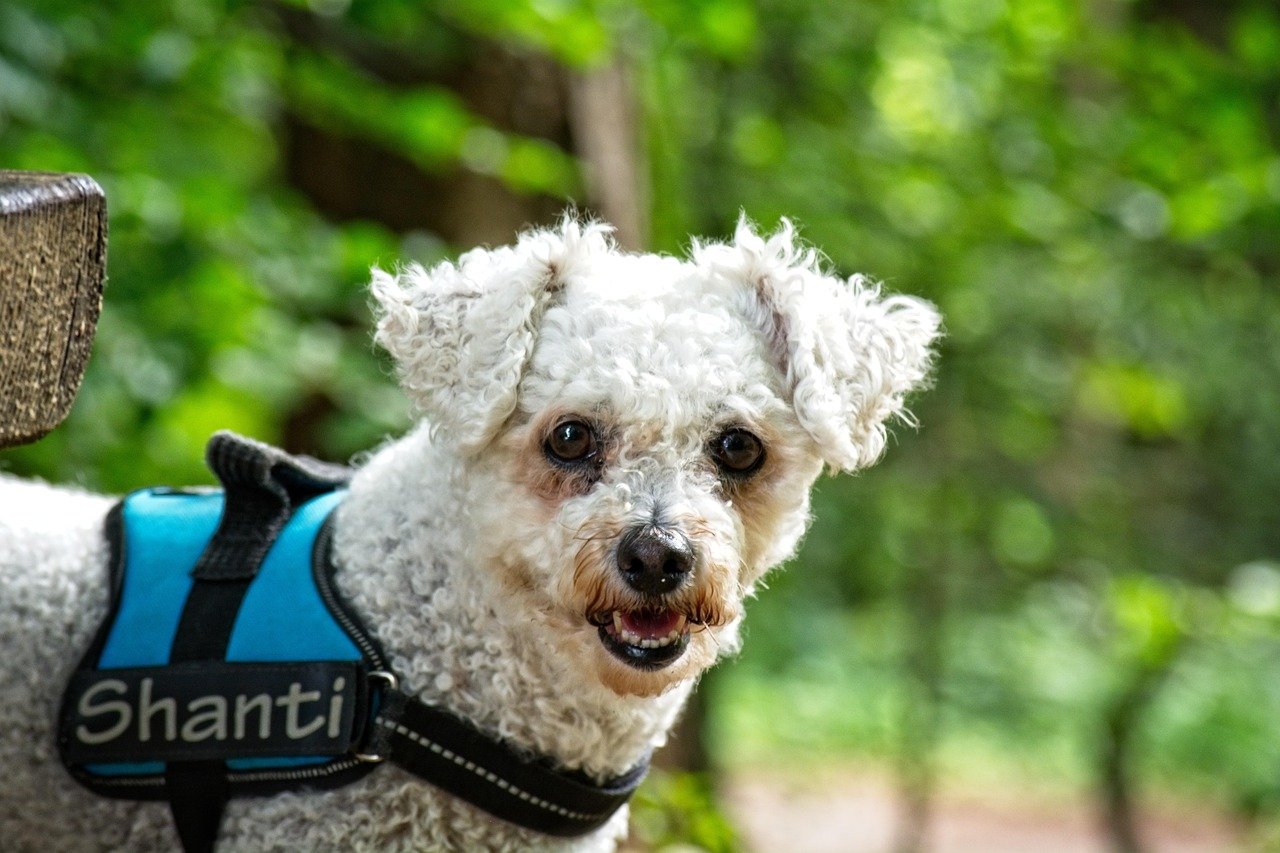
The AKC says that Bichon Frises “have a reputation for being difficult to housebreak,” while other experts note that the breed is “fiercely independent” and “tends to be picky about going outside when it’s rainy or cold out”. These little white clouds of fluff have very specific opinions about when and where they’ll do their business.
Picture this scenario: it’s drizzling outside, and your Bichon takes one look at the weather and decides that the living room carpet looks much more appealing than the wet grass. They’re like having a prissy roommate who refuses to go outside without an umbrella and proper footwear. The weather sensitivity adds an extra layer of complexity to an already challenging housebreaking process.
Understanding the Stubborn Housebreaking Reality
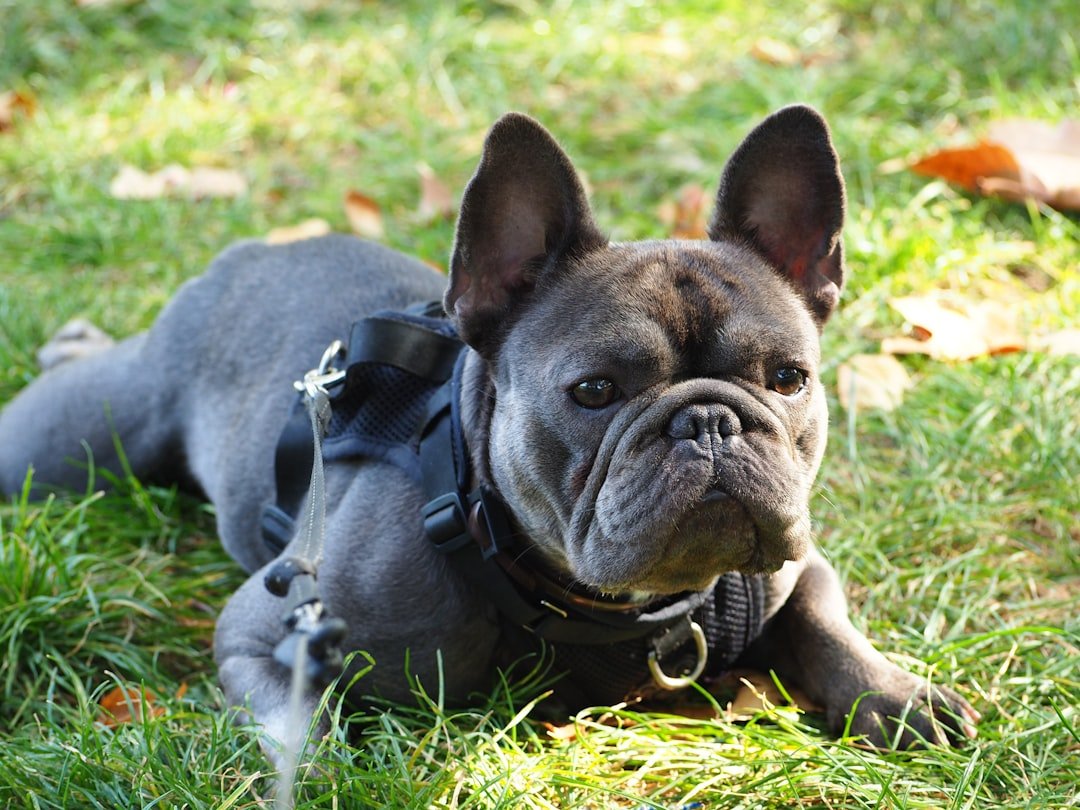
The truth about these challenging breeds isn’t that they’re bad dogs – they’re just wired differently. The difficulty of housebreaking a puppy will depend on many factors, and breed can definitely play into how well a dog responds to potty training, as some breeds are more obedient than others, and it typically takes 4-6 months for a puppy to be fully house trained, but some puppies may take up to a year.
Large breeds like German Shepherds, Golden Retrievers, Labs, and Bernedoodles are generally much easier to potty train than small breeds such as French Bulldogs, Miniature Poodles, Yorkies, and Maltese. Small dogs are harder to house train because they have smaller bladders, higher relative metabolisms, less bowel control and they tend to be more difficult to monitor. Sometimes it really is a matter of physics working against you – tiny bladders plus high metabolism equals more frequent bathroom breaks and more opportunities for accidents.
Looking at this list, you might wonder if you’ve chosen the right breed for your lifestyle. But here’s the thing – every single one of these “difficult” dogs has brought immeasurable joy to countless families. Yes, they’ll test your patience and possibly your carpet warranty, but they’ll also teach you levels of patience you never knew you had. The key is understanding what you’re signing up for and preparing accordingly. After all, the most rewarding relationships often require the most effort, and that includes the four-legged variety. What would you have guessed about your own furry companion’s housebreaking habits?

